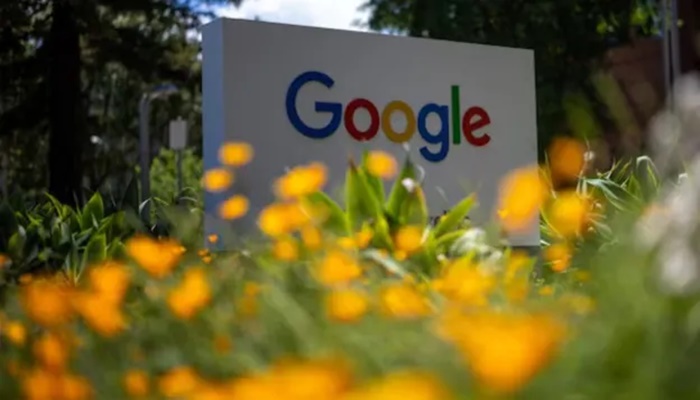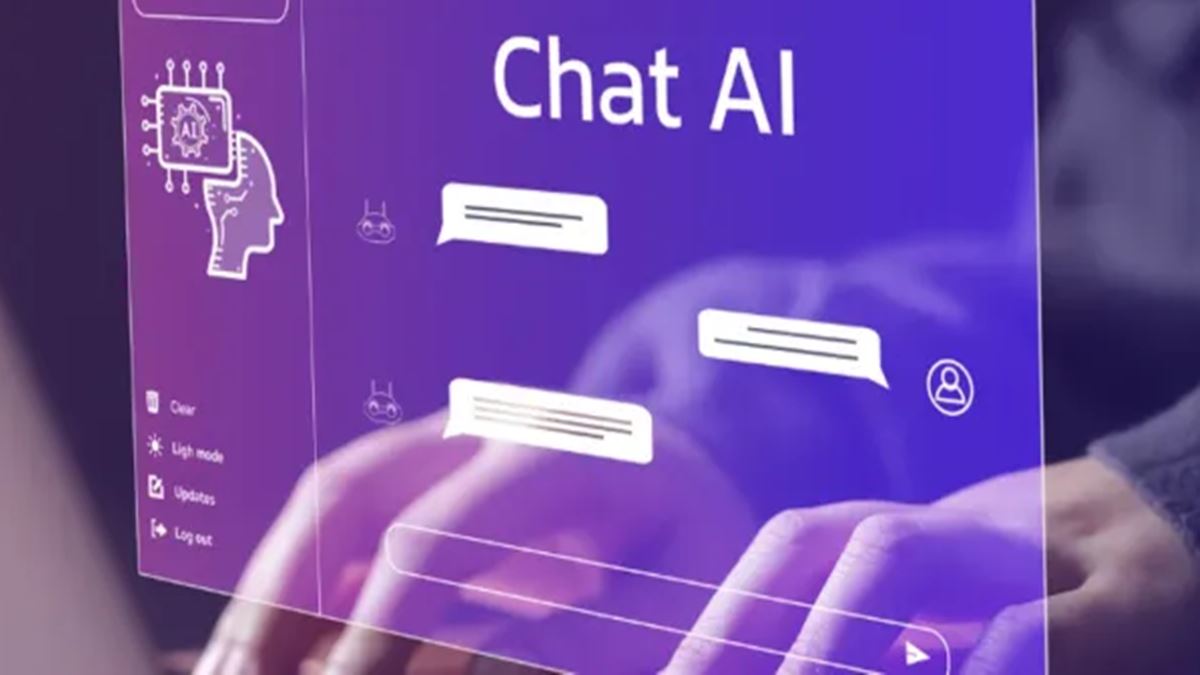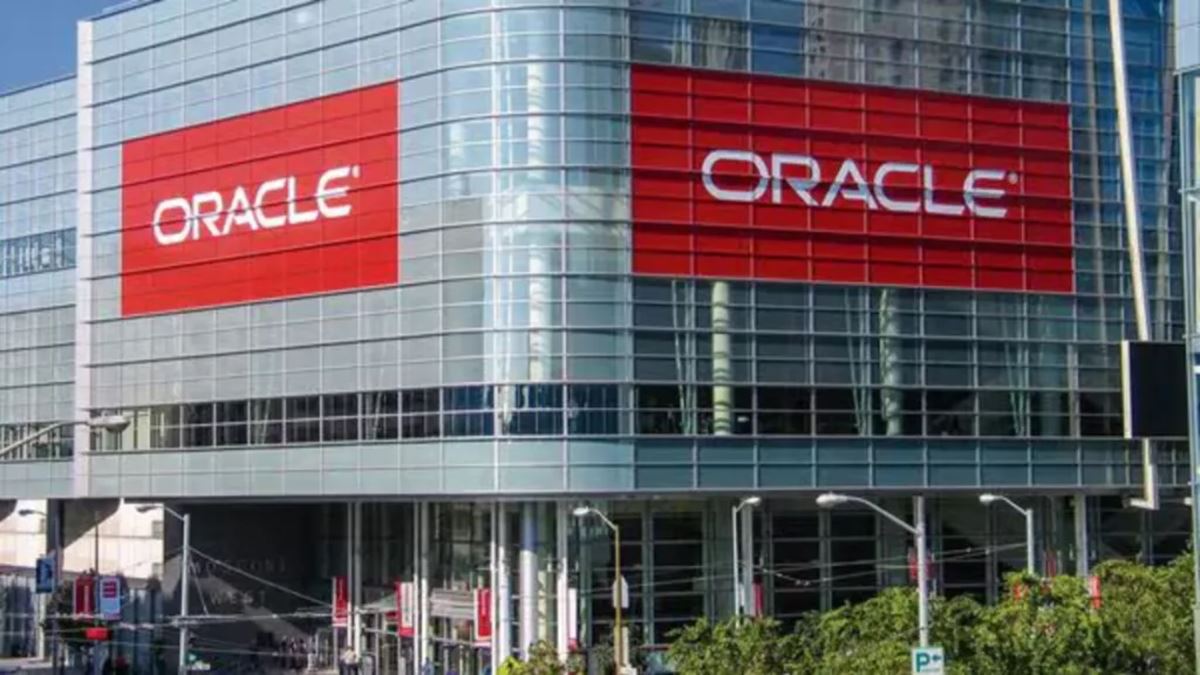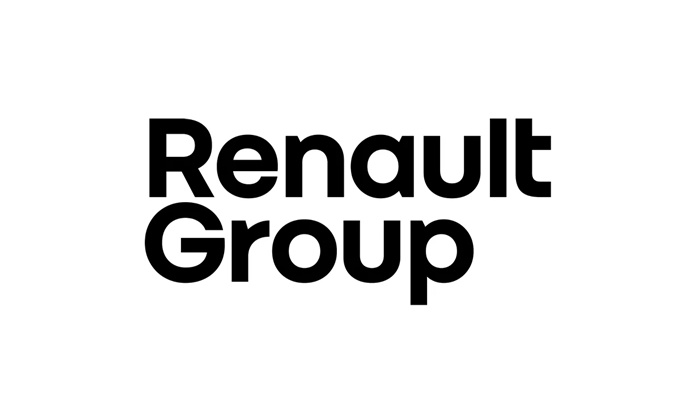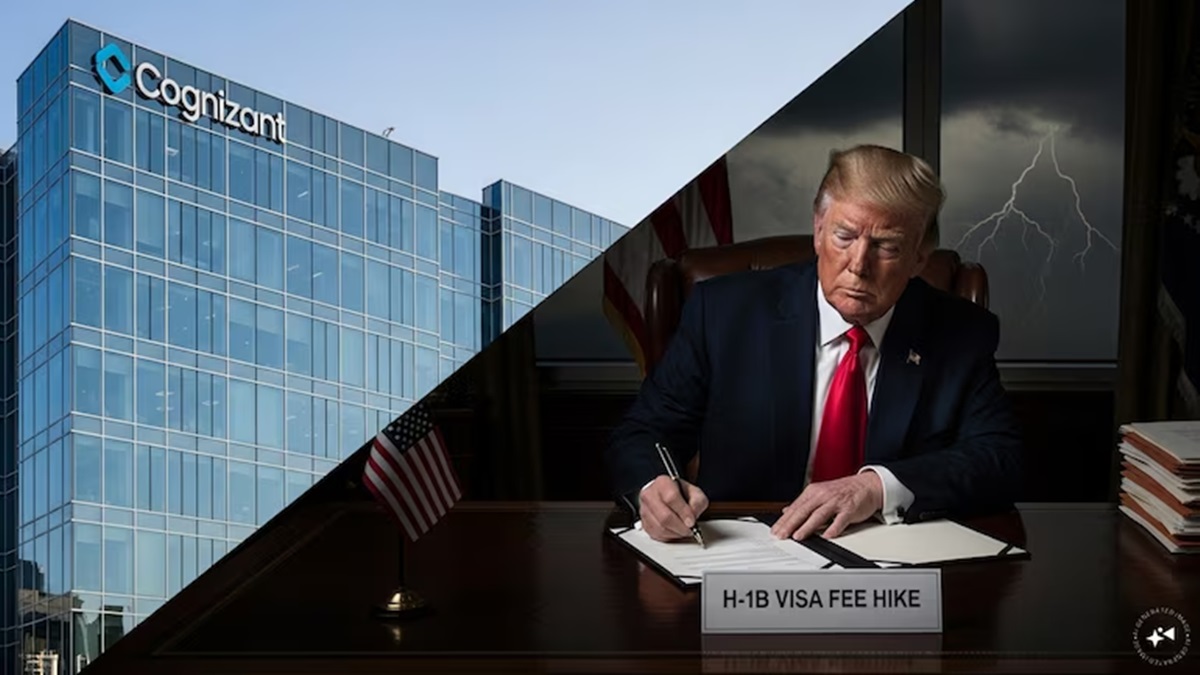Information technology (IT) giant Cognizant, on September 20, said it has a resilient business model with robust local recruiting and hiring infrastructure to navigate the US H-1B visa fee hike.
The Teaneck-headquartered company, with a healthy exposure to H-1B visas in the US, is reviewing the US President Donald Trump’s H-1B visa fee hike and evaluating its potential impact on the company’s operations.
“We are reviewing the President’s Proclamation to evaluate the potential implications. At this point, we do not have the details to respond accurately. Cognizant has established a resilient business model that creates flexibility to hire the best candidates for open roles, including robust local recruiting and hiring infrastructure,” a spokesperson for the IT services major said.
H-1B visas allow US firms to hire foreign workers in specialty fields such as STEM and IT.
The comment comes after the US government raised the H-1B visa fee to $100,000 per year, triggering concerns over short-term disruptions in workforce deployment for IT companies in North America.
Nearly three-fourths of Cognizant’s 340,000-plus workforce is based in India.
Cognizant’s focus on local hiring and established recruitment systems reflects a broader trend among Indian IT firms to reduce dependency on H-1B visas.
H-1B fee hike unlikely to impact Indian IT
Meanwhile, top Indian IT services companies are increasingly reducing their reliance on H-1B visas.
Tata Consultancy Services (TCS), Infosys, HCLTech, Wipro, and Tech Mahindra now have between 20 percent and less than 50 percent dependency on H-1B visas to deploy workforce in North America.
Moreover, approved H-1B petitions for the top seven Indian IT firms dropped 56 percent between FY15 and FY23 to 6,700. Companies such as Infosys and TCS now employ over 50 percent local staff in the US, reducing visa reliance.
Large firms have pivoted to local hiring, US delivery centres, subcontracting, and offshore delivery.
Visa demand remains strong
Despite this reduced dependency, H-1B visa applications continue to rise.
USCIS data shows that 2024 saw a 3.1 percent increase in applications, a 4 percent increase in approvals, and a 32.5 percent drop in denials compared to 2023. The approval rate hit 98.4 percent, the highest since 2021, according to staffing firm Xpheno’s co-founder Kamal Karanth.
Bigger hit for US Big Tech
Ironically, the H-1B programme’s biggest users today are not Indian outsourcing firms but American tech majors. In FY24, the top five US firms together secured nearly 28,000 approvals, with one e-commerce giant alone topping the list at 10,000 approvals in FY2025.
These firms use H-1Bs largely for specialised, high-paying roles such as AI engineers and data scientists, reflecting persistent talent shortages in the US.
Pareek Jain of EIIRTrend believes that the $100,000 H-1B fee will cause short-term disruption and margin pressure for Indian IT. While alternatives like local hiring and subcontracting still rely on H-1Bs, the medium-term outlook points to stabilisation through offshoring, nearshoring, GCCs, and AI adoption. “Agile companies are expected to fare better,” Jain wrote on X.








